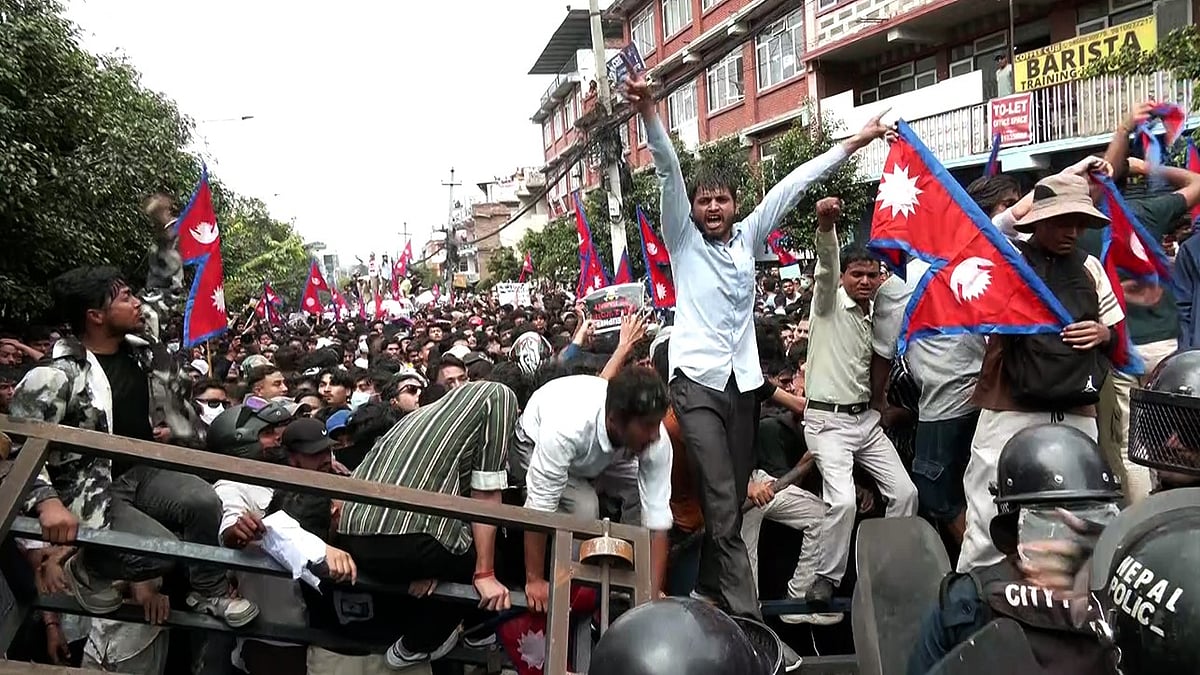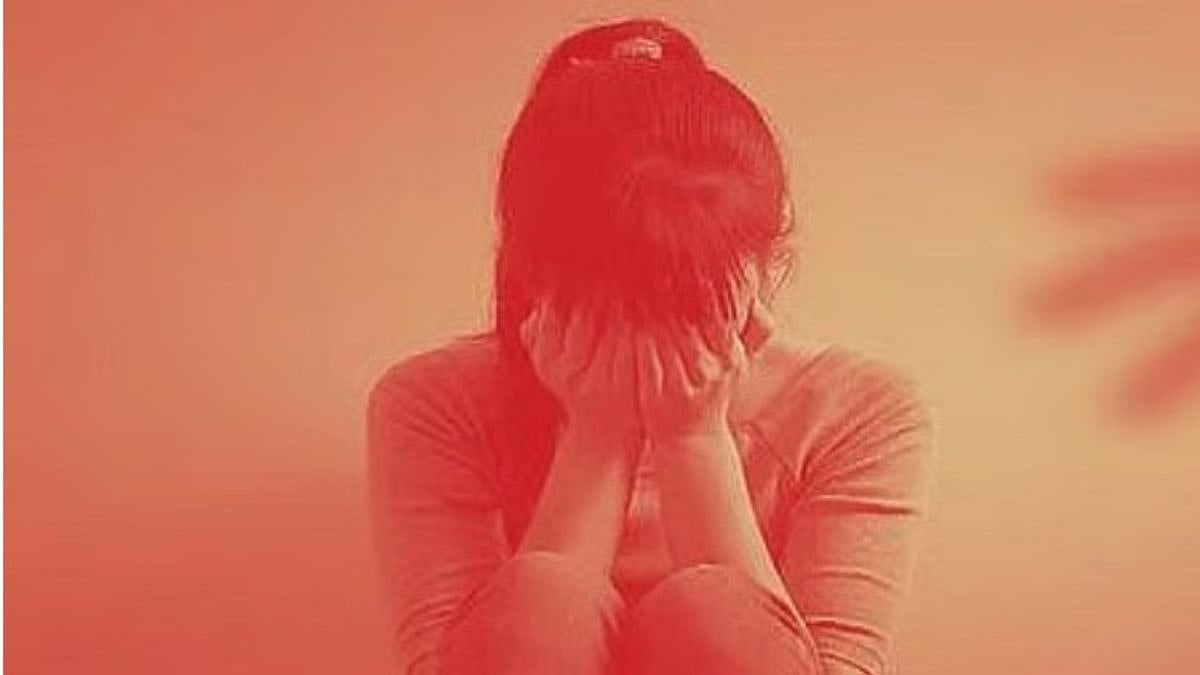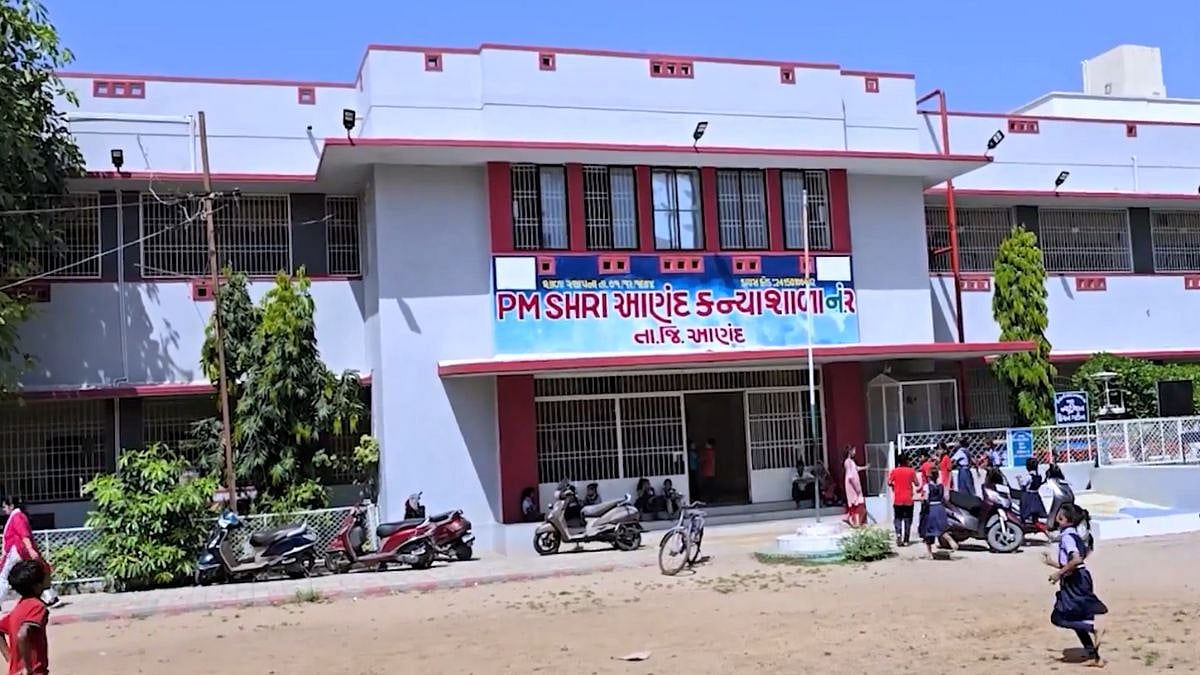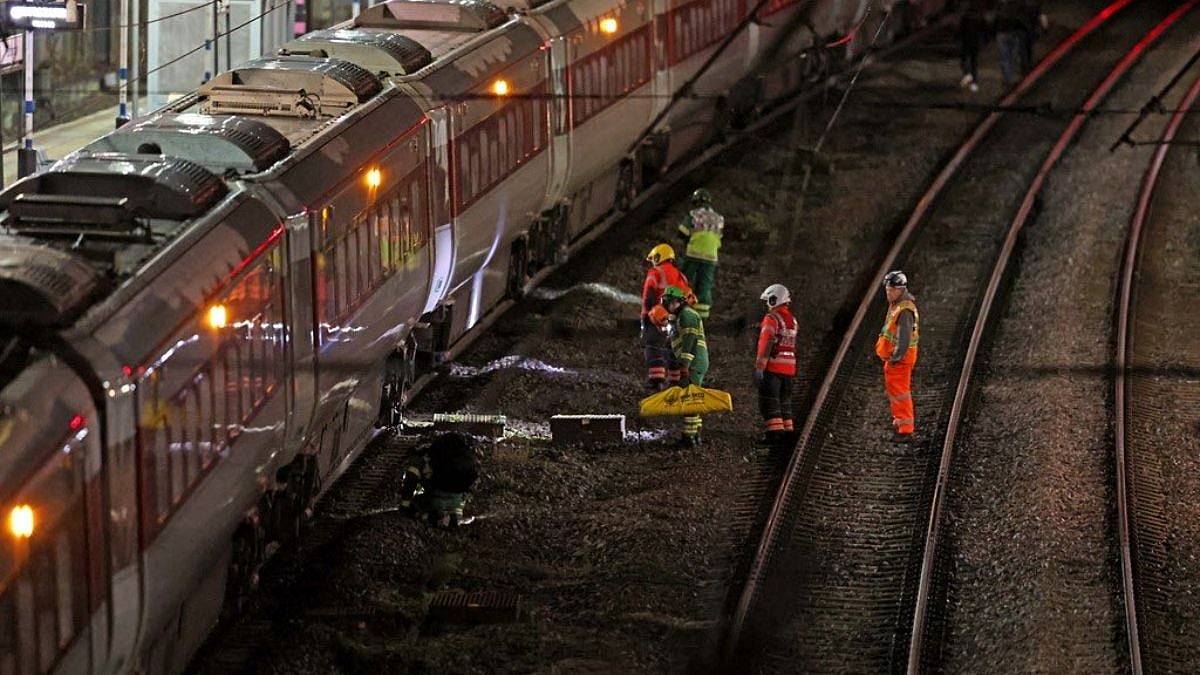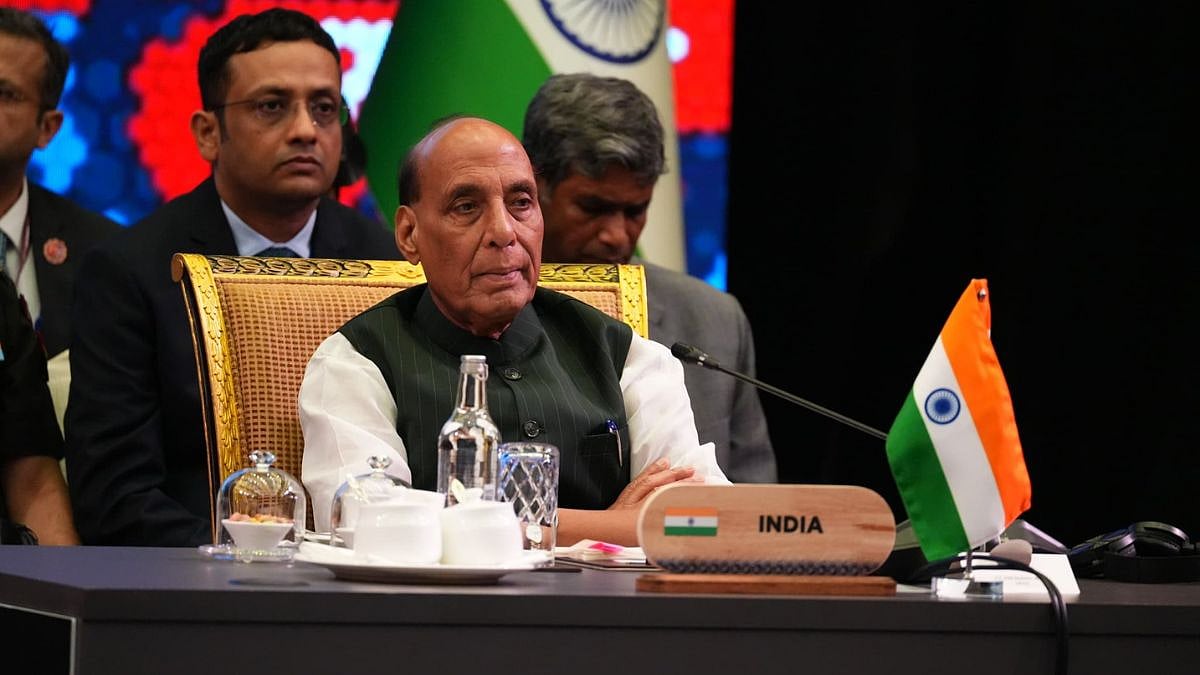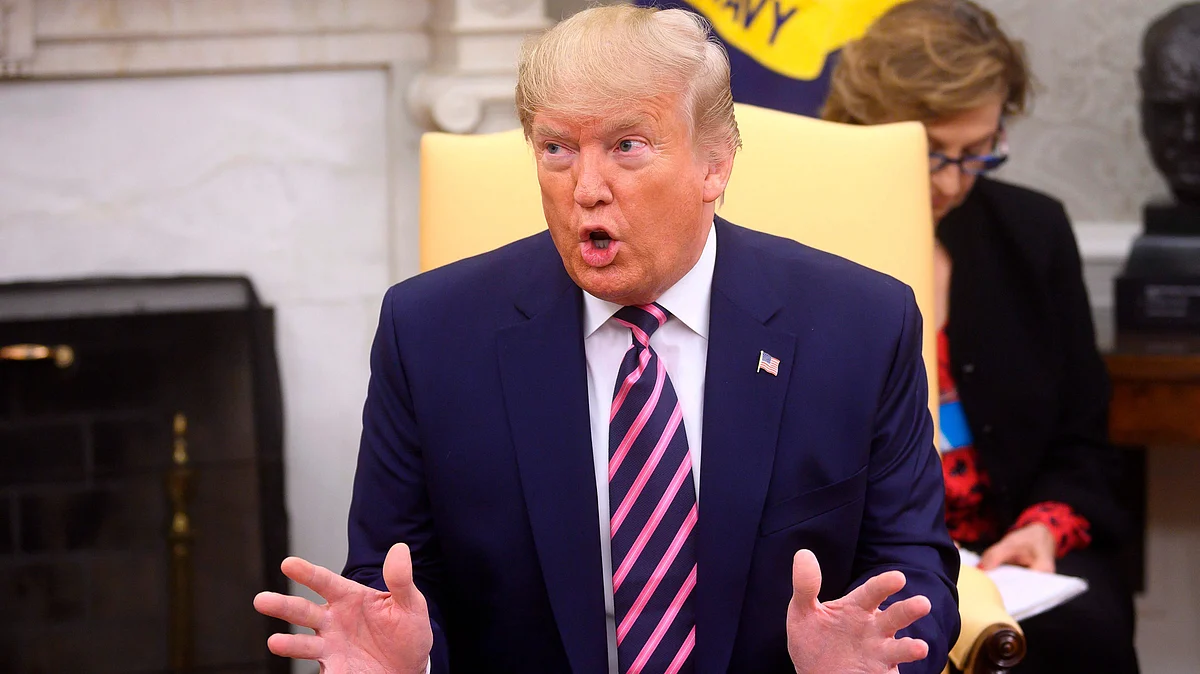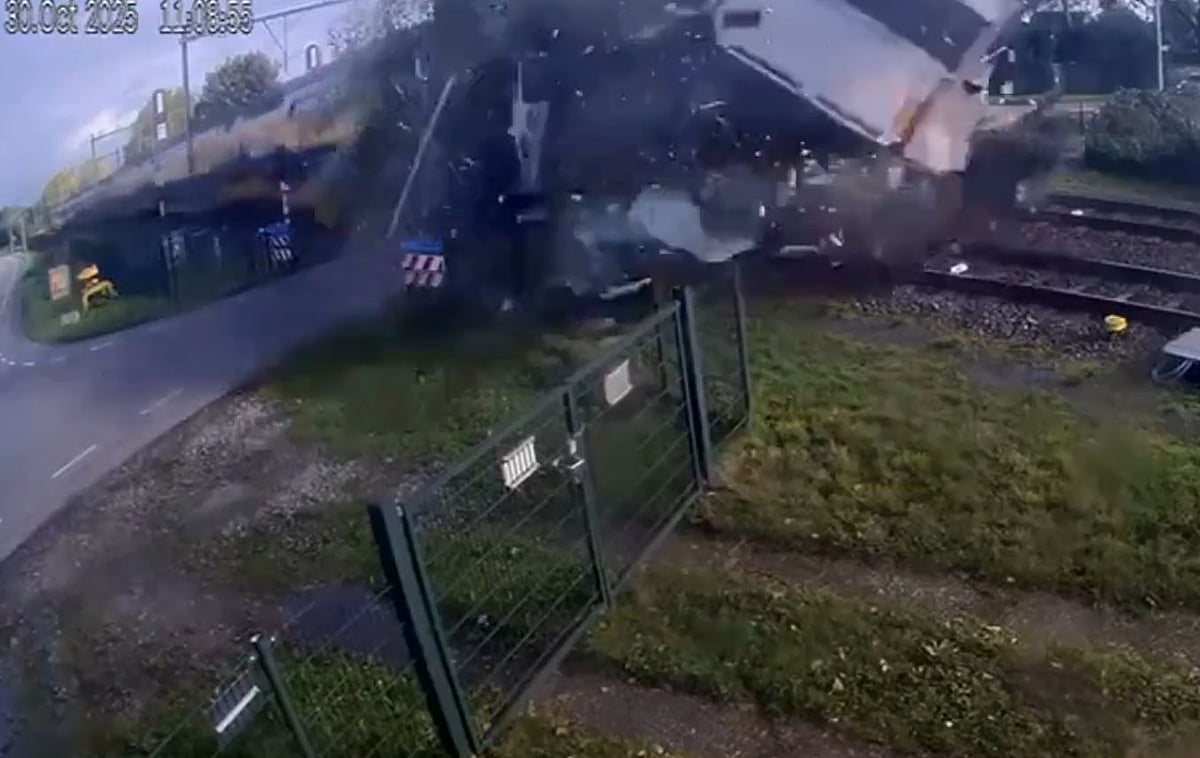In a move that has stunned citizens and activists, the KP Sharma Oli government in Nepal has banned 26 social media platforms and messaging apps, including X, LinkedIn, Reddit, Pinterest, Signal, and Instagram, after they failed to register under the country’s new social media laws.
The government argues the ban is necessary for accountability in content moderation, tax compliance, and data management. However, critics see it as a direct attack on free speech and a worrying step towards digital censorship.
Why the Platforms Were Shut Down
Nepal’s communications ministry gave platforms seven days to register following a court order. When none complied, authorities ordered their deactivation. While framed as an administrative step, the timing comes amid rising criticism of the government on social media - from corruption scandals to governance failures.
Protests and Political Context
The ban has triggered massive protests in Kathmandu, with thousands taking to the streets. Violent clashes have left at least 14 people dead. Social media has long been a space for dissent, especially for youth and civil society, making the move widely viewed as politically motivated.
Impact on Digital Rights
Freedom of Expression: The ban shrinks spaces where Nepalis can speak freely.
Privacy Concerns: Registration could lead to surveillance of activists and journalists.
Internet Fragmentation: Citizens risk being cut off from global conversations, forced onto VPNs, or left disconnected.
Ordinary Citizens and Businesses Hit Hard
For many Nepalis, the shutdown disrupts daily life:
Communication gaps with family abroad.
Loss for small businesses and SMEs that rely on niche platforms for marketing.
Cultural setback as digital spaces for art and music vanish.
Entrepreneurs fear the move will chill Nepal’s fragile digital start-up ecosystem.
Journalists and Activists Silenced
Independent journalists and activists, who often turn to smaller platforms to bypass political pressure on mainstream media, face a shrinking space to report and mobilize. Protests by journalists carried slogans like “No shutdown of social networks, no silencing of voices.”
A Step Towards Authoritarianism?
Globally, governments from Turkey to Nigeria have restricted social media under claims of sovereignty and safety. Nepal now appears to be following this pattern. Critics warn that Oli’s move risks undermining democracy by alienating the country’s youth - the most active users of digital platforms.
What Lies Ahead
Platforms may eventually comply, raising concerns of state control over user data.
Citizens may turn to VPNs, deepening the digital divide.
Legal challenges from civil society could test Nepal’s constitutional protections for free speech.
Defining Nepal’s Digital Future
The ban is more than an administrative tussle - it is a test of Nepal’s democratic values in the digital age. For now, the government has sent a clear message: access to online platforms is a privilege it can revoke at will. The fight to protect digital rights in Nepal has only just begun.
